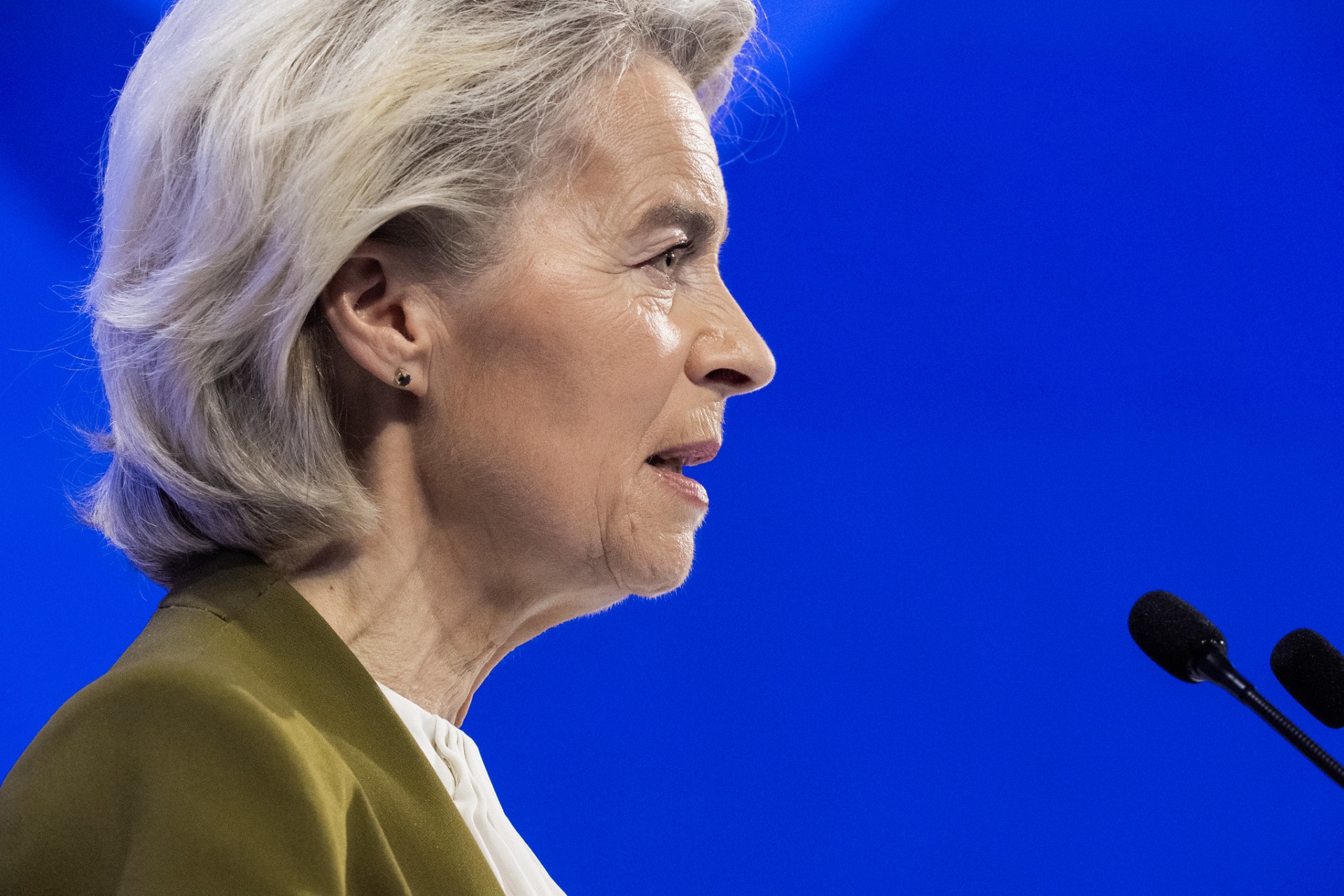A 2023 report by the International Fund for Agricultural Development (IFAD) estimates that the financing gap for smallholder farmers in Sub-Saharan Africa alone stands at a staggering $170 billion.
Across East Africa, millions of smallholder farmers continuously face the challenge of limited access to financial resources. Traditional banks often overlook these farmers due to perceived risks and the high cost of administering small loans.
Ugandan startup Emata aims to revolutionize agricultural financing by addressing this immense financial gap of such smallholder farmers. These loans are typically smaller than traditional bank loans and could potentially help farmers invest in essential inputs like seeds, fertilizers, or irrigation equipment.
Meet Emata
With headquarters in Kampala, Uganda, Emata was founded in 2020 as a result of the founders’ “frustration that African banks were not using new tech and big data to finance farmers,” the startup writes on their website.
They started lending to dairy farmers in 2021 and, by the end of 2022, the startup was providing loans to maize farmers, oilseed farmers, and coffee farmers. In 2022, Emata was crowned Best Newcomer at the African Startup Awards, followed by a Global Startup Award in 2023.

The startup has recently raised $2.4 million USD in a Seed round, comprising $800,000 in equity and $1.6 million in on-lending capital. The round was financed by African Renaissance Partners, a VC firm investing in entrepreneurs in East Africa, Norrsken Accelerator, a tech growth fund in Africa, and Zephyr Acorn, an investor in early-stage technology businesses in East Africa.
“We are thrilled to complete our $2.4 million seed fund raise, backed by high-profile, impact-oriented investors who recognize the huge potential of digital agri-loans in East Africa, and beyond,” said Bram Willem van den Bosch, the startup’s Founder and CEO. “Emata dares farmers to dream big and eliminates traditional obstacles that have made agricultural finance unavailable for the vast majority. Our solution turns a lifelong struggle into a five minute process, and is already tangibly impacting thousands of East African farmers.”
How does it work?
As the startup explains, they “partner with cooperatives and aggregators and use their data for AI-powered alternative credit scoring.” Their simple, five-step plan for empowering farmers with access to essential resources and services goes as follows:
- MIS System: Emata’s free Management Information System (MIS) digitizes the cooperative or aggregators’ records.
- Digitize Operations: The cooperative or aggregators use their software to register deliveries, update prices, create payment schedules and share daily SMS updates with their farmers.
- Credit scoring: Emata combines the cooperative’s data with advanced risk analytics to make sure that their team members are “offered tailored loans that they can afford.” Farmers can even apply for a loan using WhatsApp.
- Loans: Emata offers instant and affordable loans to cooperative’s members when they need them.
- Repayment: Farmers repay the loans at harvest — “by selling their harvest to the cooperative or aggregator.”
Related Articles: Bold Move or Status Quo? Is the New UN Funding Compact Enough? | How Emerging Economies Can Pursue Green Recoveries | Flexible Pooled Funding Mechanisms Can Drive Transformative Change
Looking ahead: closing the finance gap
Emata’s collaborative approach to microloans for smallholder farmers represents a promising step towards bridging the significant financial gap in agriculture. However, it’s important to acknowledge the broader challenges that still exist.
One key factor is the sustainability of microloan models. While initial results may be positive, long-term studies are needed to assess the impact of microloans on farmer’s financial resilience and repayment rates.
Secondly, scaling up the impact of microloan platforms requires collaboration with various stakeholders — from agricultural cooperatives to NGOs and even government agencies — to expand access to farmers in remote areas and develop an industry-wide support structure.
Despite these challenges, Emata’s positive track record signifies a step towards financial inclusion in East Africa’s agricultural sector. By fostering collaboration, Emata’s initiatives can contribute significantly to closing the finance gap by investing in the region’s smallholder farmers, daring them to “dream big” and grow their farm into a business.
Editor’s Note: The opinions expressed here by the authors are their own, not those of Impakter.com — Cover Photo Credit: Annie Spratt.













